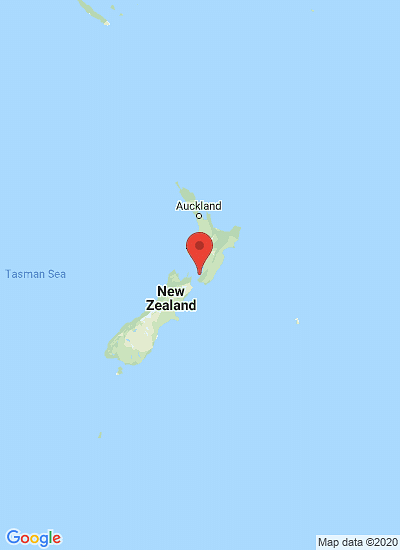Potato Psyllids (Courtesy: Center for Invasive Species Research)
Potatoes New Zealand: Potato Psyllid well under control thanks to research

New Zealand Potato growers are successfully dealing with the pest that's been their biggest headche in recent years, an industry group says.
The tomato-potato psyllid, discovered in New Zealand in 2006, spreads a bacterium that stunts the growth of potato plants and causes a disease known as zebra chip in the tubers. It also damages tomato and related crops.
Potatoes New Zealand chief executive Champak Mehta said the industry had the psyllid well under control thanks to the knowledge gained through research.
"We understand the psyllid life cycle, we understand how to keep it within constraints that are manageable," said Mr Mehta.
The pest could be effectively controlled by applying chemicals in the right order and at the right time in its life cycle.
"Also by doing that, we've been able to reduce the total amount of chemicals used on our crops over the growing season," he said.
The role research and development has played in pest and disease management and in lifting productivity will be a focus of the industry conference in Ashburton today, running in tandem with the Foundation for Arable Research conference.
The tomato-potato psyllid, discovered in New Zealand in 2006, spreads a bacterium that stunts the growth of potato plants and causes a disease known as zebra chip in the tubers. It also damages tomato and related crops.
Potatoes New Zealand chief executive Champak Mehta said the industry had the psyllid well under control thanks to the knowledge gained through research.
"We understand the psyllid life cycle, we understand how to keep it within constraints that are manageable," said Mr Mehta.
The pest could be effectively controlled by applying chemicals in the right order and at the right time in its life cycle.
"Also by doing that, we've been able to reduce the total amount of chemicals used on our crops over the growing season," he said.
The role research and development has played in pest and disease management and in lifting productivity will be a focus of the industry conference in Ashburton today, running in tandem with the Foundation for Arable Research conference.
Like to receive news like this by email? Join and Subscribe!
Get the latest potato industry news straight to your WhatsApp. Join the PotatoPro WhatsApp Community!
Highlighted Company
Sponsored Content
Sponsored Content
Sponsored Content
Sponsored Content







